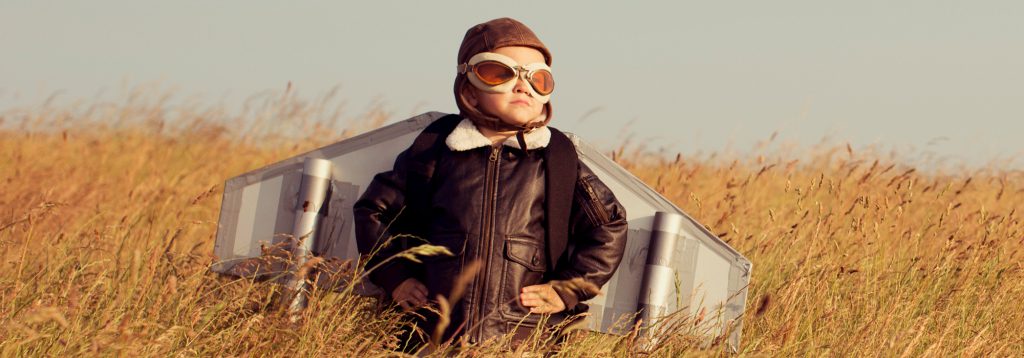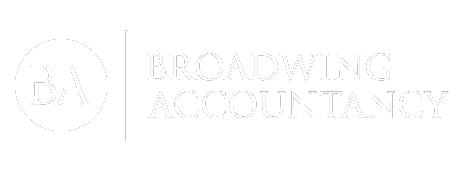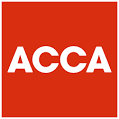Your agent has just called, you’ve got an audition…but it’s the other side of the country and it’ll be expensive to get there, and an early start so maybe you need to book a hotel too! Those expenses are slowly adding up…
Sound familiar? Check out this post for all your allowable acting expenses.
Clothing Expenses
Did you know you can claim for clothing expenses when your threads are used exclusively for your acting roles? All clothes that make you a part of the set, either on TV or the stage are covered as well as the upkeep of your costumes.
Are you a dab hand with a sewing machine? Yes? The same rule applies for costumes you make too. Even handmade wigs and accessories are accountable.
Clothes purchased for both auditions/rehearsals and for use outside of work cannot be claimed.
Research Expenses
Spending a night at the theatre, ballet, opera or any other stage performance can all be financially valid and assigned to the hours spent studying to nail your next/latest role. The cash used towards the ticket is tax deductible, as well as the travelling costs.
Don’t forget, if your role is in TV or film, you can claim for cinema tickets, DVDs, film and TV subscriptions, so long as you can prove you used the media for research.
Computer or Laptop Costs
If you don’t have a laptop or computer, or the one you have is an ancient relic, feel justified in purchasing a new one. You must use this for business purposes, such as researching a role, browsing auditions or keeping on top of your finances.
Your new device might need software too, like Microsoft Office to write and format your CVs, and anti-virus software to protect your online activity. Need a printer or backup hardware? These add-ons are allowable expenses too.
Marketing Expenditure
Self-promotion plays an integral role in anyone’s acting career. These essential marketing overheads an all help reduce your tax liability:
- Subscriptions to casting websites
- Networking events entrance fees
- Makeup and haircuts
- A promotional website
- Creating a show reel
- Annual domain registrations
- Ongoing maintenance
- Monthly subscriptions
- Stationary
- Postage
Common expenses are Equity membership, Casting Call Pro, Star Now, imdb and Musicians Union.
Travel Costs
Sometimes, the life of an actor takes you to far away exciting (or maybe not so exciting!) places. All of these are tax deductible travel expenses:
- Oyster card receipts
- Other weekly/monthly travel cards
- Taxi and Uber fares
- Train/bus/tube tickets
- Flights
Long term placements are a slightly different story.
Get a role that stretches over a fair amount of time in one venue, and your commute becomes ‘ordinary’. Basically, you can’t claim on your travelling costs, because you are going to and from a ‘normal’ place of work.
Be careful when a role takes you overseas. No one will blame you for wanting to take your family or a friend, whether they are there for support or to explore new sights. But this could signify to HMRC that there’s a holiday element to your trip and the expense isn’t allowable for tax.
It’s best to discuss your trip in detail with us at Broadwing Accountancy to be fully informed about travelling abroad.
Car, Motorcycle, Bicycle Costs
There are two options for tax relief:
- Claim a fixed mileage rate

- Keep a record of all your fuel costs and calculate a percentage based on acting related mileage. Also, any parking fees or toll road fees spent on these trips should be claimed.
Need to buy a new vehicle to travel to work? You can claim a deduction for a percentage of the purchase price of the car, motorcycle or bicycle.
Hotel Expenses
Acting trips could take you away from home for days at a time, so relying on hotels or other lodgings becomes the norm. These expenses are most likely tax deductible. Just remember, if you decide to take someone with you this could be deceived as a leisure trip rather than work.
Food & Drink Costs – Subsistence
The cost of food and drink isn’t normally an allowable expense as this is deemed everyday expenditure – you must eat. However, where you are travelling away for work then you should be able to claim reasonable expenses for food and drink.
Performers very often get paid a daily allowance for food and drink and we often get asked the tax treatment of these. Daily allowances should be declared as income and the corresponding expenditure of food and drink as expenses. If you don’t spend all of your daily allowance, then the balance will be taxable as income.
If you are out meeting a potential client or your agent for food/drink, then this is classed as ‘entertaining’ and not allowable. Only the cost of your food and drink is an allowable expense. If you are paying for both, maybe you can ask for to separate bills to make it easier to claim your half?
Health & Gym Costs
Your agent might advise you to workout, purchase contact lenses, or alter a part of your body to fit a certain role. Accept this, and your gym membership and/or treatments can be classed as tax allowable… in most circumstances.
HMRC is a stickler for rules, so it is highly likely that they will challenge this. Chat to us at Broadwing Accountancy before rushing into any body modifying decisions.
Training & Classes
Nurturing your performance skills is a smart investment, maximising your potential to have a lucrative acting career. Consequently, enrolling in acting, singing or dancing classes is tax allowable.
What you can claim for attending drama school is a little more complex. It depends on the course length and structure. It’s best to work this out with your accountant.
Professional Services
Hiring an accountant to manage your finances,or using a solicitor for contract advice are both tax deductible expenses. An accountant that specialises in actors such as Broadwing Accountancy also be able to save you money.
Agent and Booking Fees
Your agent fees is an allowable expense. This will be the amount plus any VAT charged by your agent. It’s the same story for any pesky booking fees, such as the extra services charged on top of the basic fee if you visit the theatre.
Working from Home
Like anyone self-employed, at-home-admin is a given. While unglamorous, using your home office to carry out certain tasks, like researching roles, corresponding with your agent, and memorising scripts is necessary.
There are two ways to claim expenses for working from home.
- Add up the following expenses such as rent, mortgage interest, utility bills, council tax water rates, buildings & contents insurance and repairs and essential maintenance of the property (not redecorating). You then need to perform a calculation based on the amount of rooms in your house and the amount of time you spend working from home. We can do this calculation for you.
- The simpler method is to use HMRC’s standard rates, but these can be on the low side:
- Less than 25 hours per month £0
- 25 – 50 hours per month £10
- 51 – 100 hours per month £18
- 101+ hours per month £26
Telephone Bills
Do you use your mobile or phone to call your agent, enquire about new roles, book auditions, and generally run your acting career? Then your line rental and call costs are absolutely deductible.
But, if you use your phone to make personal calls, then a percentage of those costs won’t be allowable.
Office or Studio Costs
Studio space can be your acting temple: a place to hone your performance skills in privacy and with all the equipment you need. Fortunately, you can reduce your tax bill on rental costs and associated utility bills.
Bank Interest and Finance Costs
Make your overdraft interest easy to handle by having two bank accounts. Charges on the account solely in relation to your acting career are allowable.
If you need a loan to purchase expensive items such as a laptop or car, then a percentage of the interest costs will be allowable. The same can be done if a career development loan is taken out to fund certain training costs.
This post outlines the different ways to claim tax deductible expenses, and therefore reduce your taxable profits. What is shouldn’t be is an invitation to spend money on a laptop or a first-class train ticket. If purchases are not necessary in the first place, then you’re not really saving money!
- The reimbursed costs of your expenses must be declared as income.
- Capture your receipts using your phone and store them on specialist software. Broadwing Accountancy can advise you what software/app to use.
- If your expenses are not included in this guide you may still be able to claim.
So, regard each tax-deductible expense carefully and become an actor who can confidently make smart financial decisions.
If you have any specific questions regarding personal expenses, Broadwing Accountancy are here to help. Contact Brian Munjanja on 01604 328328 or email your questions to [email protected].






